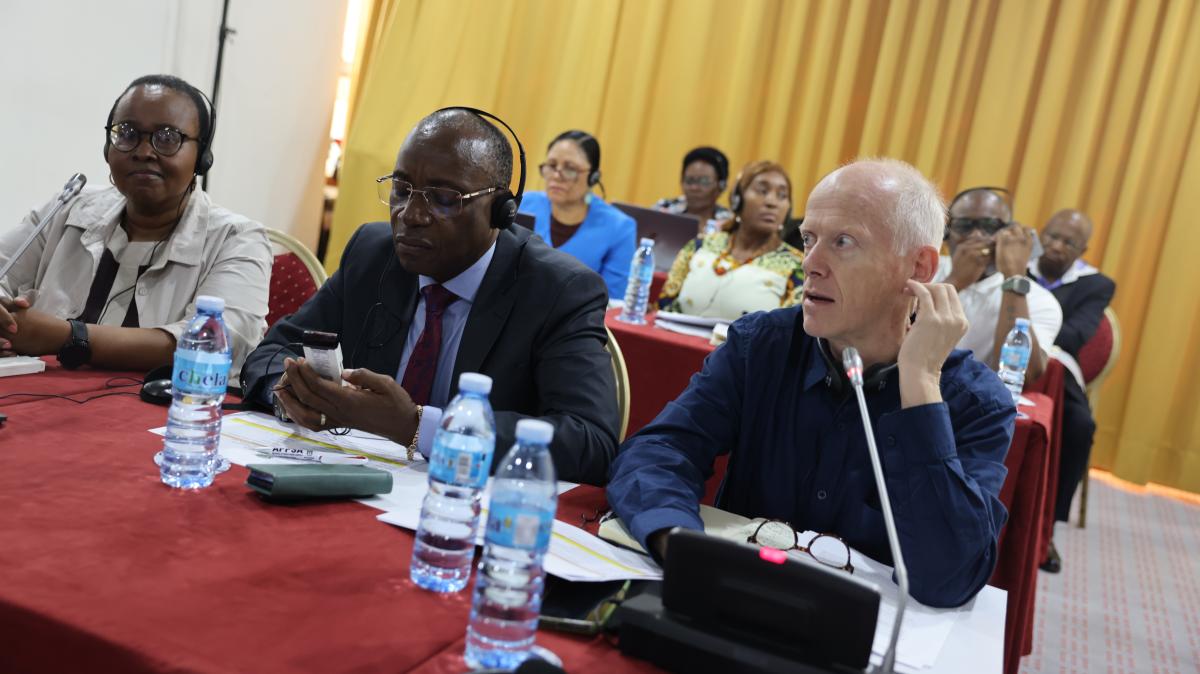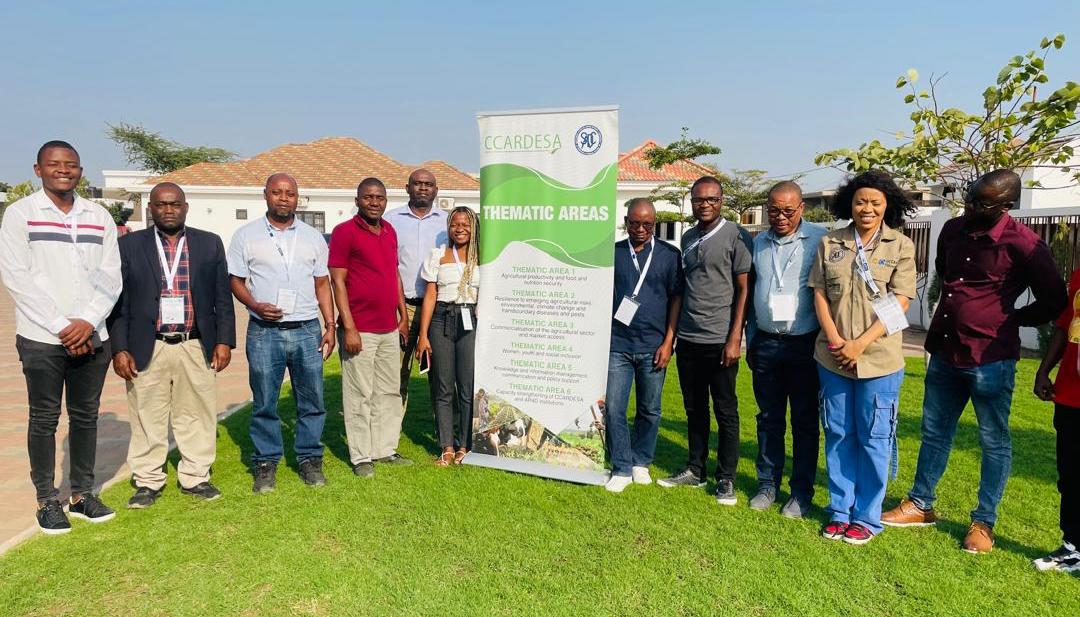Making the most of natural advantages: intellectual property and natural products in Botswana
This report came about as a result of the desire of Botswana non-state actors to understand the issues surrounding the management of the intellectual property associated with their biodiversity, particularly natural products such as indigenous plants. The research work was conducted between 2-23rd May 2007 and consisted of key informant interview, preparation of case studies and reviews of laws, treaties and other literature. The purpose of this research was to work towards the development of an intellectual property regime for indigenous plants (and potentially other natural resources) in Botswana that promotes investment in the development of new products whilst protecting the in situ natural resource and ensuring full and equitable compensation for intellectual property. This was done through mapping the existing and needed intellectual property regime for indigenous plants. In the findings and recommendations, the consultants have been asked to state whether, in their opinion, the issue represents a „threat‟ (i.e., that some aspect such as biodiversity or livelihoods are „threatened‟) or an „opportunity‟ (i.e., that biodiversity or livelihoods could be positively impacted upon).
bidpa, Natural Resourses Institute,
Ben Bennett & Yvonne Chilume, (2007). Making the most of natural advantages: intellectual property and natural products in Botswana.








